Posted on 5/30/2025
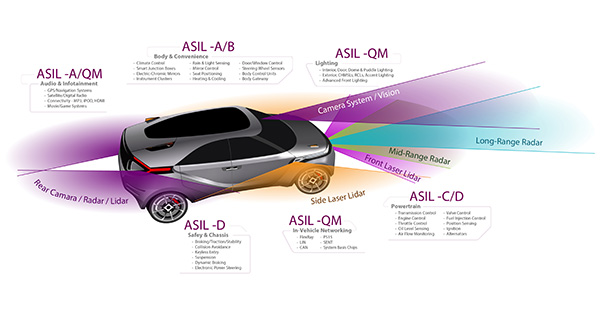
Lane keeping assist systems are becoming standard features on new vehicles. They’re designed to help drivers stay in their lanes by gently nudging the steering wheel if the car starts to drift. On the surface, it sounds like a great safety tool. And in many cases, it is. But like any system, it has its limits. Relying too heavily on lane-keeping assist, or misunderstanding what it can and can’t do, can create problems. If you've ever felt your steering tug unexpectedly or found yourself fighting the wheel, you’ve already experienced some of the hidden downsides of this technology. Here’s what you need to know to use lane keeping assist effectively and safely. What Lane Keeping Assist Is Supposed to Do Lane keeping assist is meant to step in when you unintentionally begin drifting out of your lane. It works by using cameras, usually mounted near the windshield, to track lane markings on the road. When the system detects your vehicle is ab ... read more
Posted on 4/25/2025

Owning a pickup truck means you’ve got the power and versatility to haul heavy loads, tow trailers, and handle demanding jobs. But just because your truck can carry or pull a lot doesn’t mean it should—especially if you’re not clear on what your truck’s payload and towing limits actually are. Pushing those limits too far can damage your suspension, overwork your brakes, and create serious safety hazards on the road. Whether you’re loading up a bed full of equipment or hitching up a trailer, understanding your truck’s capabilities helps prevent costly repairs and dangerous driving situations. What Is The Payload Capacity Payload refers to everything you put in the truck—that includes cargo in the bed and cabin, passengers, tools, equipment, and even the tongue weight of a trailer. It’s determined by the manufacturer and based on the strength of the frame, suspension, and axles. Payload capacity is different from ... read more
Posted on 3/28/2025
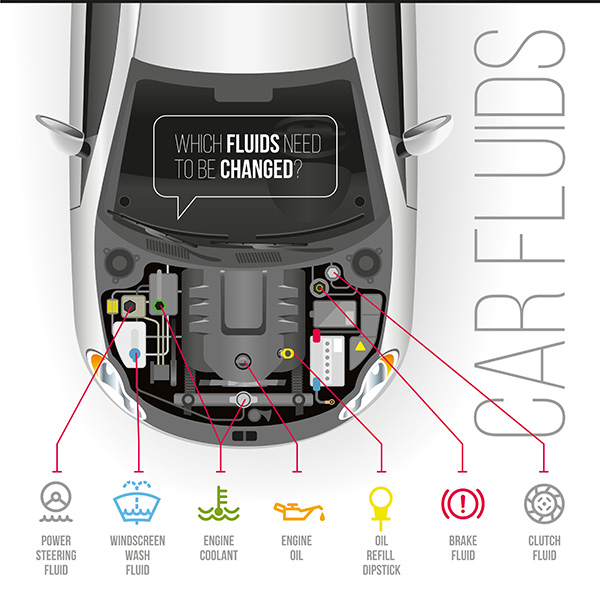
Your car relies on various fluids to keep everything running properly, from the engine to the brakes and transmission. Over time, these fluids degrade, collect debris, or lose their effectiveness, which can lead to performance issues and costly damage if left unchecked. Regular fluid maintenance isn’t just about keeping your car running—it’s about preventing major repairs down the line. But with so many different fluids in your vehicle, which ones actually need to be flushed and replaced? Engine Oil Flush Engine oil is responsible for lubricating internal engine components, reducing friction, and preventing overheating. Over time, oil collects dirt, sludge, and contaminants that can clog passages and reduce efficiency. When to flush: Most vehicles require an oil change every 3,000 to 7,500 miles, but an engine oil flush may be needed if sludge buildup occurs. Why it’s important: Helps maintain engine cleanliness, improves eff ... read more
Posted on 2/28/2025
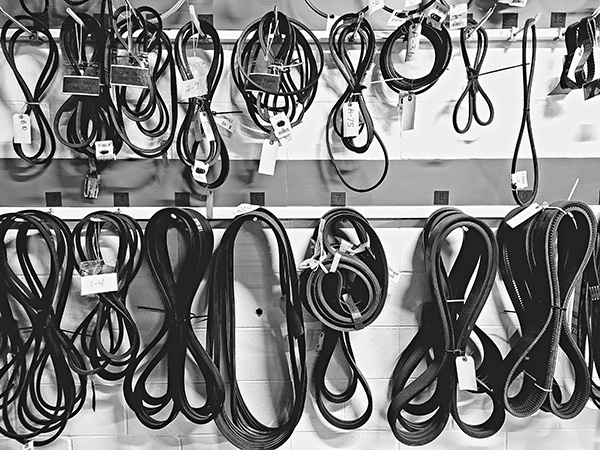
The serpentine belt is a small but crucial component of your car’s engine. It powers multiple systems, including the alternator, power steering pump, water pump, and air conditioning compressor. When it starts to wear out, it can cause serious performance issues and even leave you stranded. Knowing when to replace your serpentine belt can save you from unexpected breakdowns and expensive repairs. How Long Does a Serpentine Belt Last Most modern serpentine belts are made from durable rubber materials and are designed to last anywhere from 50,000 to 100,000 miles. However, this lifespan depends on several factors, including driving conditions, climate, and maintenance habits. If you frequently drive in stop-and-go traffic or extreme temperatures, your belt may wear out sooner than expected. It's always a good idea to check your owner’s manual for the manufacturer’s recommended replacement interval. Even if your belt hasn’t failed, replacing ... read more
Posted on 1/31/2025
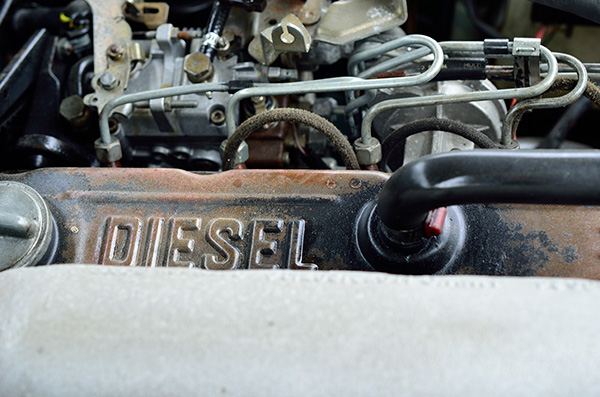
Diesel engines are known for their durability and reliability, but is it true that they can outlast their gasoline counterparts with proper care? For anyone who’s driven or worked with a diesel-powered vehicle, the answer often seems clear: yes, they absolutely can. But longevity doesn’t happen by chance. It’s a result of regular maintenance, smart driving habits, and understanding what makes these engines different. Let’s explore how proper care can give your diesel engine a long and efficient life. Diesel Engines Are Built to Last Diesel engines are designed differently than gasoline engines, and those differences contribute to their longevity. For starters, diesel engines operate at lower RPMs (revolutions per minute), meaning they don’t have to work as hard to produce power. This slower operation reduces wear and tear on internal components. The internal parts of diesel engines, like pistons and crankshafts, are built to withstand h ... read more
Posted on 12/20/2024

When temperatures dip and winter arrives, most of us assume the air conditioning (AC) system gets a much-deserved break. However, running your car's AC in cold weather is not just helpful—it’s actually beneficial for several reasons. Whether you're in Lewisville, TX, or another city with fluctuating weather, using the AC during winter can make a noticeable difference in your driving comfort and vehicle's health. We'll explain why this practice matters and how it works. Defogging Your Windows Have you ever hopped into your car on a chilly morning, only to find your windshield and windows fogged up? That fog forms when warm, moist air inside the car meets the cold glass. Running the AC can quickly solve this problem by removing excess moisture from the air. Your AC system doesn’t just cool the air—it also dehumidifies it. By running the AC, the air inside your car becomes dry, which clears up the fog and prevents it from forming ... read more
Posted on 11/29/2024
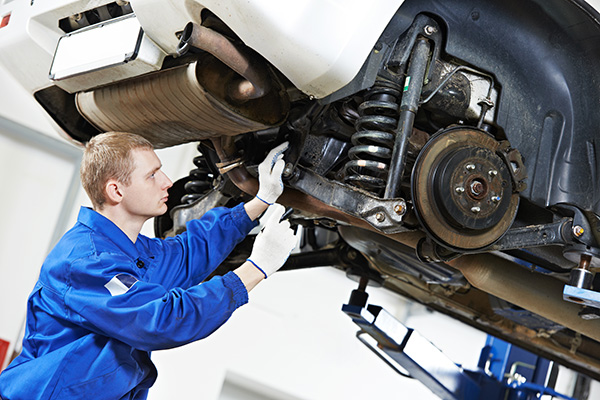
If you’re noticing your car doesn’t ride as comfortably as it used to, or maybe it's making a few odd noises on bumpy roads, it could be an issue with the suspension. The suspension system is affecting everything from how your vehicle handles to how comfortable your ride is. But as resilient as modern suspensions are, they aren’t immune to wear and tear. So, what are drivers' common suspension problems, and what can be done to address them? The Importance of a Car's Suspension System Your car’s suspension isn’t just about keeping the ride comfortable; it’s also key to safety and control. It manages the friction between your tires and the road, helping maintain stability even when the terrain isn’t ideal. When the suspension is in top shape, your car absorbs the shocks from the road, keeps you safe, and ... read more
Posted on 10/31/2024
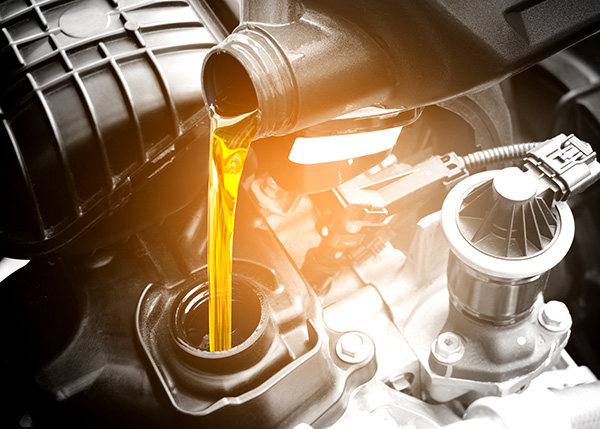
Owning a car with a lot of miles on the odometer comes with a sense of pride, but it also requires a bit more care than a newer vehicle. High mileage cars, typically those with over 75,000 miles, demand extra attention to keep them running smoothly. Regular maintenance becomes increasingly important, and one of the key aspects of caring for an older vehicle is ensuring it gets the right type of oil. But why exactly do high mileage cars need special oil, and what other areas should you focus on to prolong your car's life? The Impact of High Mileage on Your Car’s Engine As your car racks up miles, it starts to show signs of wear and tear, especially under the hood. Engine parts like seals, gaskets, and pistons experience more stress, leading to oil leaks, decreased fuel efficiency, and overall performance issues. One of the primary challenges for high-mileage car ... read more
Posted on 9/27/2024
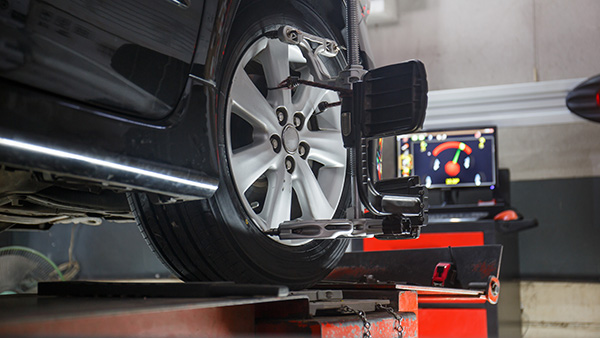
Have you ever wondered why your car isn’t driving quite like it used to? Whether you notice strange vibrations or your vehicle seems to pull to one side, it might be time to check your wheel alignment. Misaligned wheels can cause a range of issues that not only affect your driving experience but can also lead to premature wear and tear on your tires and suspension. But how do you know if your wheels are out of alignment? 1. Uneven Tire Wear One of the most common and tell-tale signs of misaligned wheels is uneven tire wear. Take a close look at your tires—are some areas wearing down faster than others? You may notice that the inner or outer edges are wearing out while the middle of the tire looks relatively untouched. This uneven wear pattern indicates that your tires aren’t making proper contact with the road, which is a key sign of alignment issues. Left unchecked, this can lead to premature tire replacement and ... read more
Posted on 8/30/2024
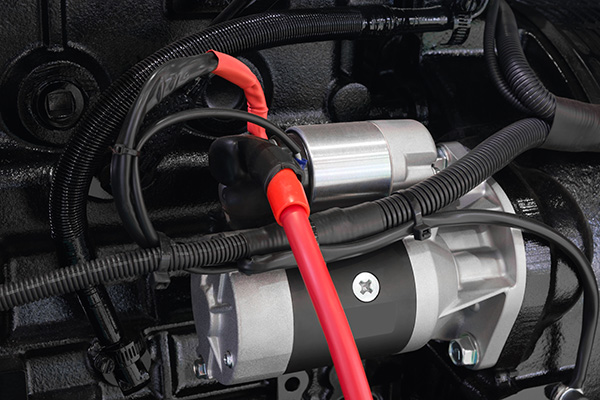
A reliable starter motor is necessary for your vehicle's performance, as it initiates the engine's combustion process. When the starter motor fails, it leaves you stranded and frustrated. Diagnosing a bad starter motor can save you from unexpected breakdowns and expensive repairs. We'll explore the key symptoms of a failing starter motor and how you can identify these issues early on. Recognizing the Signs of a Failing Starter Motor Your car's starter is crucial in getting your engine up and running. When you turn the ignition key or press the start button, the starter motor cranks the engine, allowing it to start. However, like any other component, the starter motor can wear out over time and eventually fail. Knowing the signs of a bad starter motor can help you diagnose the problem early and take appropriate action. One of the most common signs of a bad starter motor is a clicking noise when you turn the key. This sound typically indicates that the ... read more